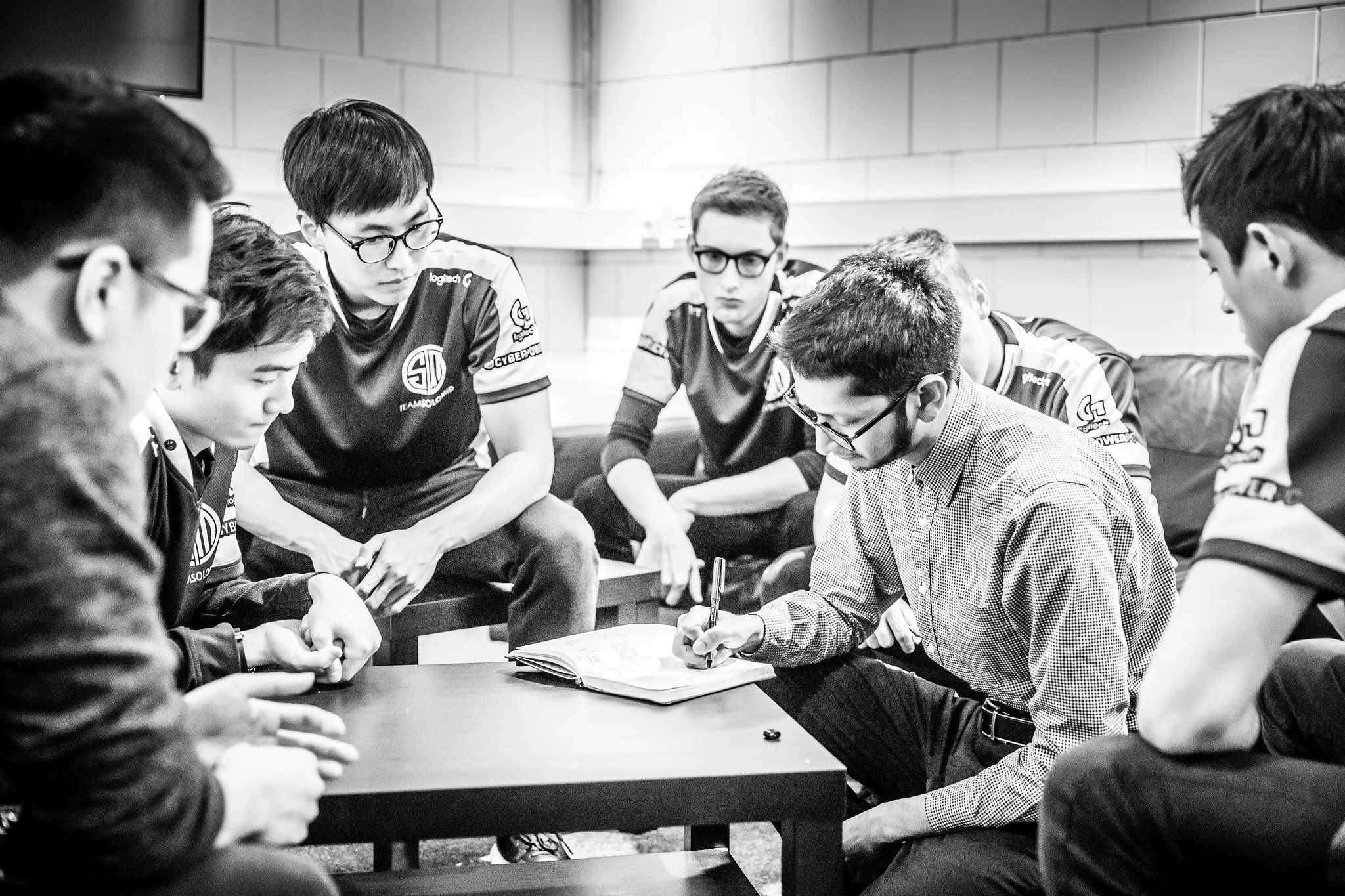
ESPORTS PLAYER DEVELOPMENT
A focus on North American League of Legends
This paper examines the problems in the development of e-sports athletes from United States and Canada playing professional League of Legends in the League Championship Series (LCS). First, the structure of the Long-Term Athlete Development (LTAD) model developed for traditional sports is studied to understand discrete stages of development and connect them to relevant points in the careers of LCS players beginning with their introduction to League of Legends through their retirement from the game. Specific issues that affect player performance levels and career longevity are then discussed using a new framework called the Player Development Curve (PDC). Finally, recommendations are offered and categorized based on the impact of their applications in the short-term or long-term.